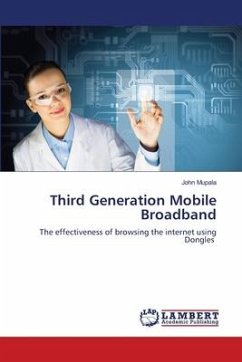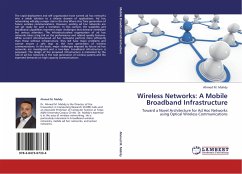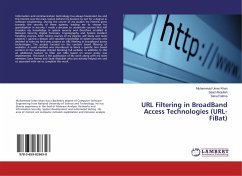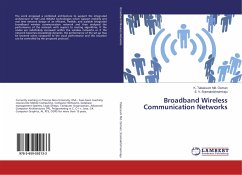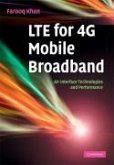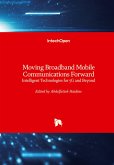This book focuses on the analyzing of the effectiveness in the use of the third generation (3G) mobile broadband dongle in browsing the internet in Zambia, the services that are being provided by three (3) Mobile service providers i.e. Zamtel, Airtel and MTN. Mobile broadband is typically de-fined as high speed wireless internet access, and this can be via a variety of devices and connection methods including access from a laptop or PC via a dongle, or via a mobile phone. Broadband mobile is primarily a third generation (3G) usage but in some cases, particularly for mobile phone usage, it may be difficult to distinguish this from 2G and 2.5 G usage. The third generation (3G) is a technology for mobile service providers. Mobile services are provided by service providers that own and operate their own wireless networks and sell mobile service to end- users, usually on a monthly or daily subscription basis. To support this service, mobile opera-tors maintain a network of interconnected and overlapping mobile base stations that hand- off calls as those customers move among adjacent cells. Each mobile base station may support users up to several kilometers away.
Bitte wählen Sie Ihr Anliegen aus.
Rechnungen
Retourenschein anfordern
Bestellstatus
Storno

